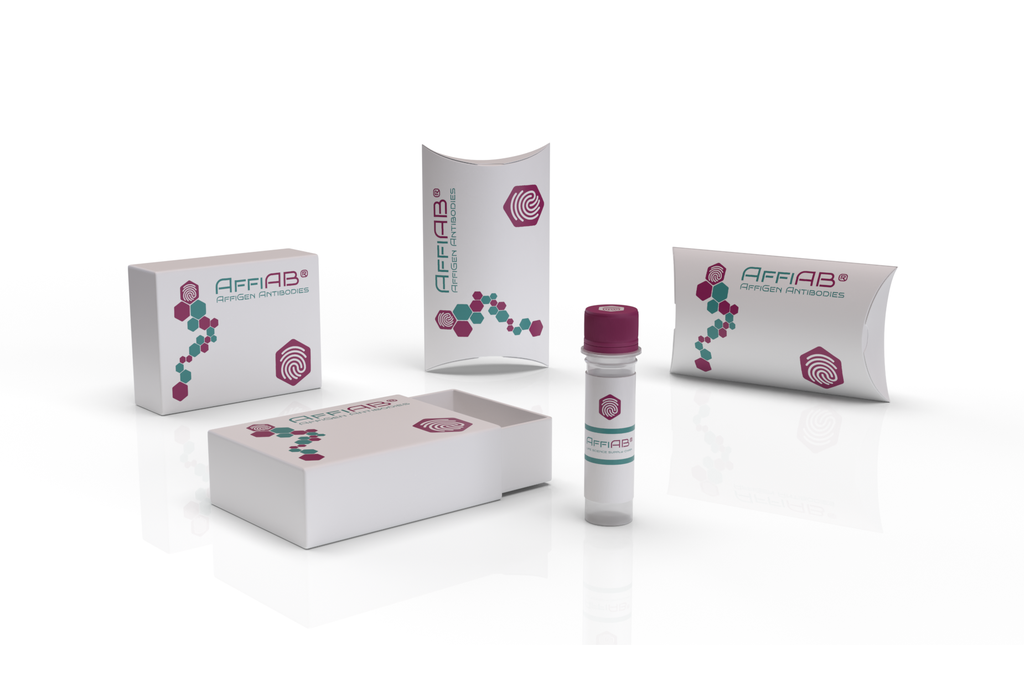AffiAB® Anti-Dux Antibody
The double homeobox (DUX) proteins are encoded by 3.3-kilobase repeats found throughout the human genome. The DUX family includes DUX1, DUX2, DUX3, DUX4 and DUX5. Each of these family members, excluding DUX2, contains two homeobox domains. DUX2 contains only one homeobox domain. DUX1 and DUX5 are identical to one another and they share 98% identity with DUX3 and approximately 70% identity with DUX2. The genes encoding DUX5 and DUX3 both contain additional start sites that result in N-terminal extended isoforms. The homeodomains found in DUX5 and DUX1 are similar to those found in Pax-3, Pax-7, OTX1 and OTX2. DUX4, also known as DUX10, is capable of forming homodimers. In addition, the gene encoding DUX4 maps within the D4Z4 repeat unit that has been implicated in Facioscapulohumeral muscular dystrophy (FSHD) .
Antibody type
Rabbit polyclonal Antibody
Uniprot ID
SwissProt: Q9UBX2 Human; SwissProt: A1JVI8 Mouse
Recombinant
NO
Conjugation
Non-conjugated
Host
Rabbit
Isotype
IgG
Clone
N/A
KO/KD
N/A
Species reactivity
Human, Mouse, Rat
Tested applications
WB, IHC-P, FC
Predicted species reactivity
N/A
Immunogen
Recombinant protein within mouse Dux aa 247-486 / 674.
Storage
Store at +4°C after thawing. Aliquot store at -20°C. Avoid repeated freeze / thaw cycles.
Form
Liquid
Storage buffer
1*PBS (pH7.4) , 0.2% BSA, 50% Glycerol. Preservative: 0.05% Sodium Azide.
Concentration
1 mg/mL.
Purity
Immunogen affinity purified.
Signal pathway
N/A
Recommended dilutions
WB:1:500-1:2, 000
; IHC-P:1:50-1:200
; FC:1:50-1:100
Molecular Weight
Predicted band size: 45 kDa
Subcellular location
Nucleus.
Positive control
Hela cell lysate, Jurkat cell lysate, Raji cell lysates, rat testis tissue, mouse testis tissue, MG-63.
